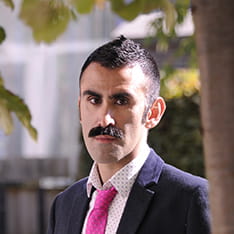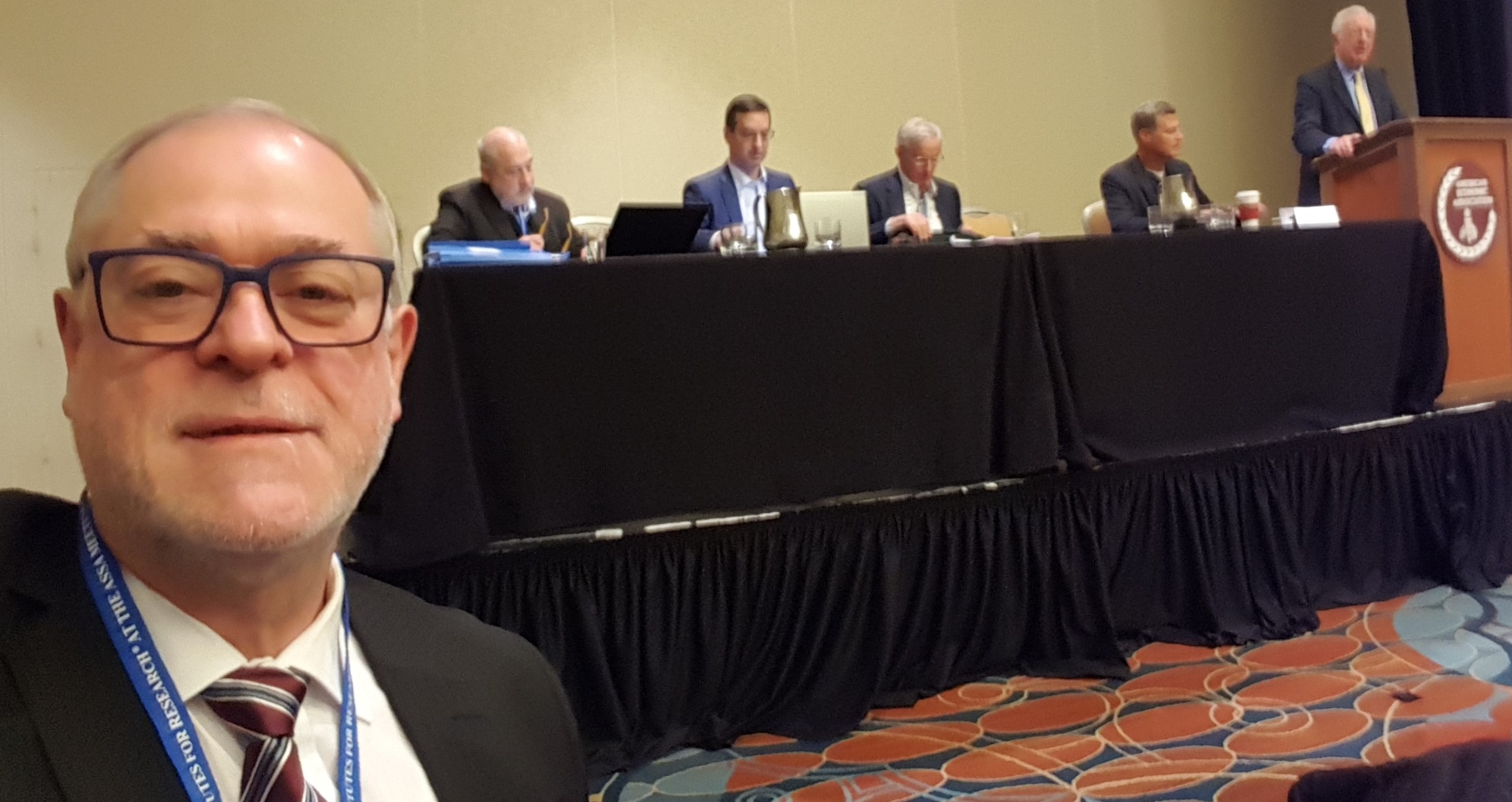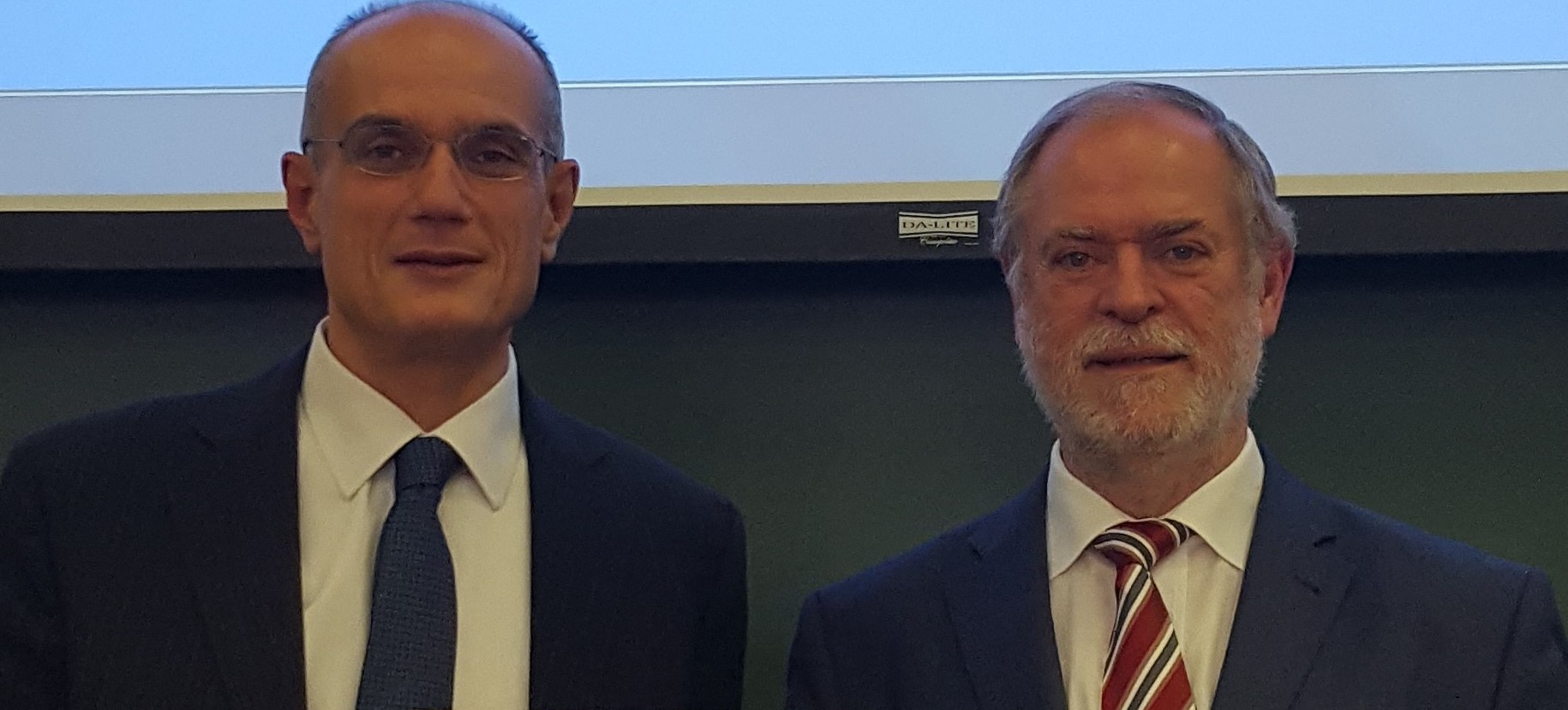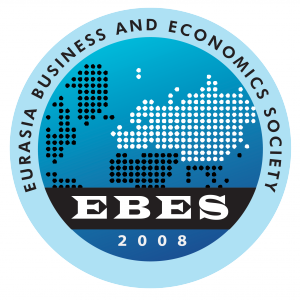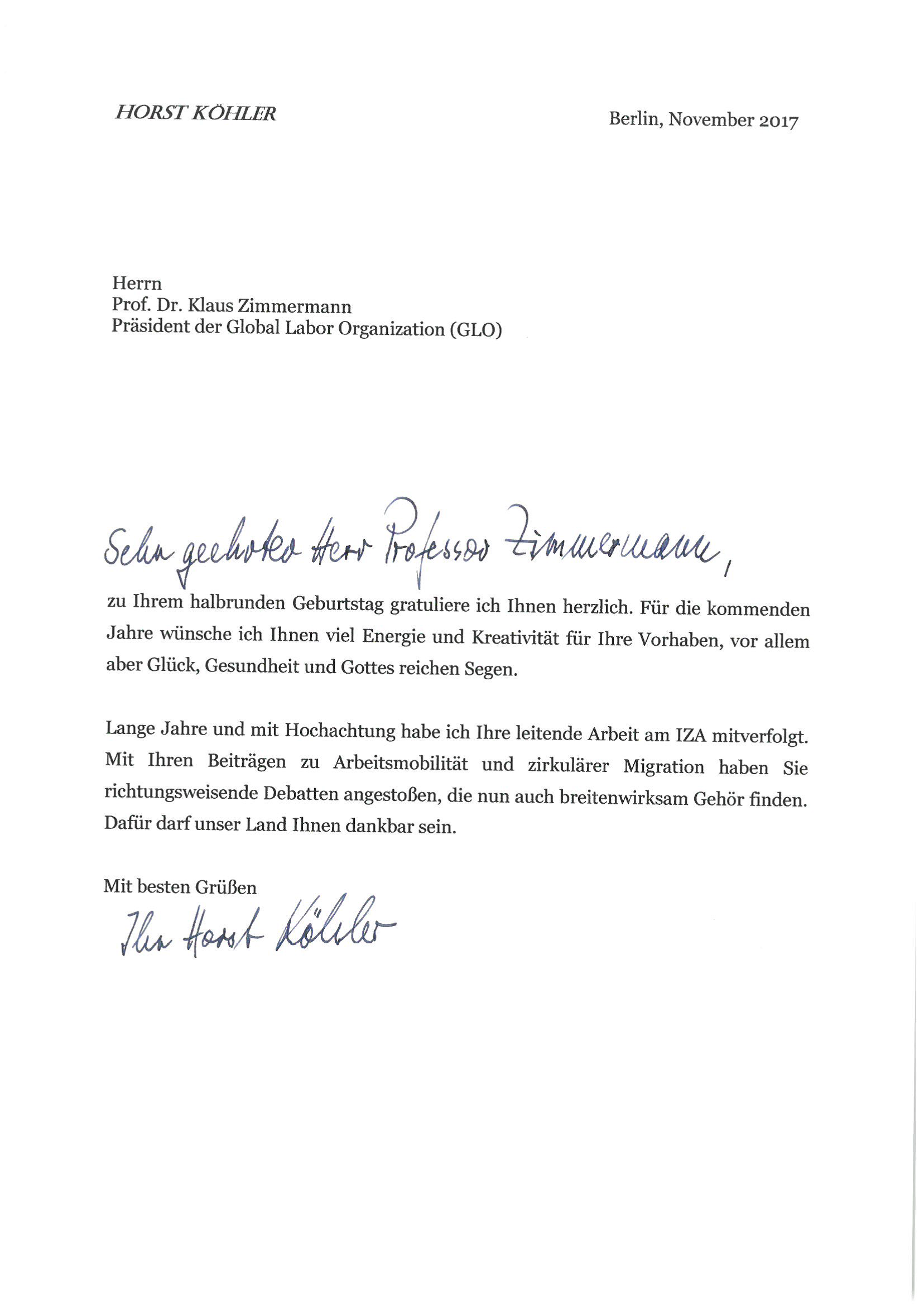Both women and men likewise are more satisfied with younger marital partners and less satisfied with older ones. Marital satisfaction for a younger partner which is initially higher than for similar aged couples declines relatively with marital duration and converges within six to ten years of marriage. This is explained by the hypothesis that differently aged couples are less resilient to negative shocks compared to similarly aged couples.
Important and open for debate!
- The finding that, in the cross-section, both men and women are the most satisfied with younger partners and least satisfied with older partners contradicts much of the existing theoretical and empirical literature on marital sorting and marital age gaps.
- The results also call into question the preference estimates generated using data from online data and speed-dating events. The fact that both men and women tend to seek dates with similarly aged partners had previously been interpreted as evidence that both men and women prefer similarly aged partner. Both may actually prefer to seek dates with younger partners but avoid doing so because they know that they would only be successful with low-quality younger partners.
These findings are derived in the just available and freely accessible lead article in the Journal of Population Economics:
Authors: Wang-Sheng Lee and Terra McKinnish
Deakin University, Australia & University of Colorado, USA
The marital satisfaction of differently aged couples
Journal of Population Economics (2018), Vol. 31:2, pp 337-362
The Journal of Population Economics is the leading academic journal in economic demography. Klaus F. Zimmermann, President of the Global Labor Organization (GLO), one of the organizations supporting the Journal, is the Editor-in-Chief. He says: “We thank the brilliant authors for an excellent analysis of a very timely question with thought-provoking insights and the article Editor, GLO Fellow Alessandro Cigno, University of Florence, with his anonymous academic referees, for their important work.” Both authors are also GLO Fellows.
The study uses the famous Australian Hilda data set administered at the Melbourne Institute, University of Melbourne, which Zimmermann had visited in November and December 2017.
Zimmermann nearby the Melbourne Museum.
Access the complete new journal issue:
For the complete new issue of the Journal of Population Economics see the outline and the link to the single articles below:
Journal of Population Economics. Volume 31 Number 2 is now available! Access the articles through the link.
The Global Labor Organization (GLO) is pleased to present the table of contents alert for a new issue of the Journal of Population Economics. Volume 31 Number 2 is now available online.
Wang-Sheng Lee & Terra McKinnish: The marital satisfaction of differently aged couples
Anne Ardila Brenøe & Ramona Molitor: Birth order and health of newborns
Neeraj Kaushal & Felix M. Muchomba: Missing time with parents: Disease risk and fertility: evidence from the HIV/AIDS pandemic
Yoo-Mi Chin & Nicholas Wilson: Disease risk and fertility: evidence from the HIV/AIDS pandemic
Jacobus de Hoop, Patrick Premand, Furio Rosati & Renos Vakis: Women’s economic capacity and children’s human capital accumulation
Gigi Foster & Leslie S. Stratton: Do significant labor market events change who does the chores? Paid work, housework, and power in mixed-gender Australian households
Ildefonso Mendez & Gema Zamarro: The intergenerational transmission of noncognitive skills and their effect on education and employment outcomes
Nora Gordon & Sarah Reber: The effects of school desegregation on mixed-race births
Catalina Amuedo-Dorantes & Thitima Puttitanun: Undocumented youth in limbo: the impact of America’s immigration enforcement policy on juvenile deportations
Louis-Philippe Beland & Bulent Unel: The impact of party affiliation of US governors on immigrants’ labor market outcomes
Journal of Population Economics. Volume 31 Number 2 is now available! Access the articles through the link.

Ends;



